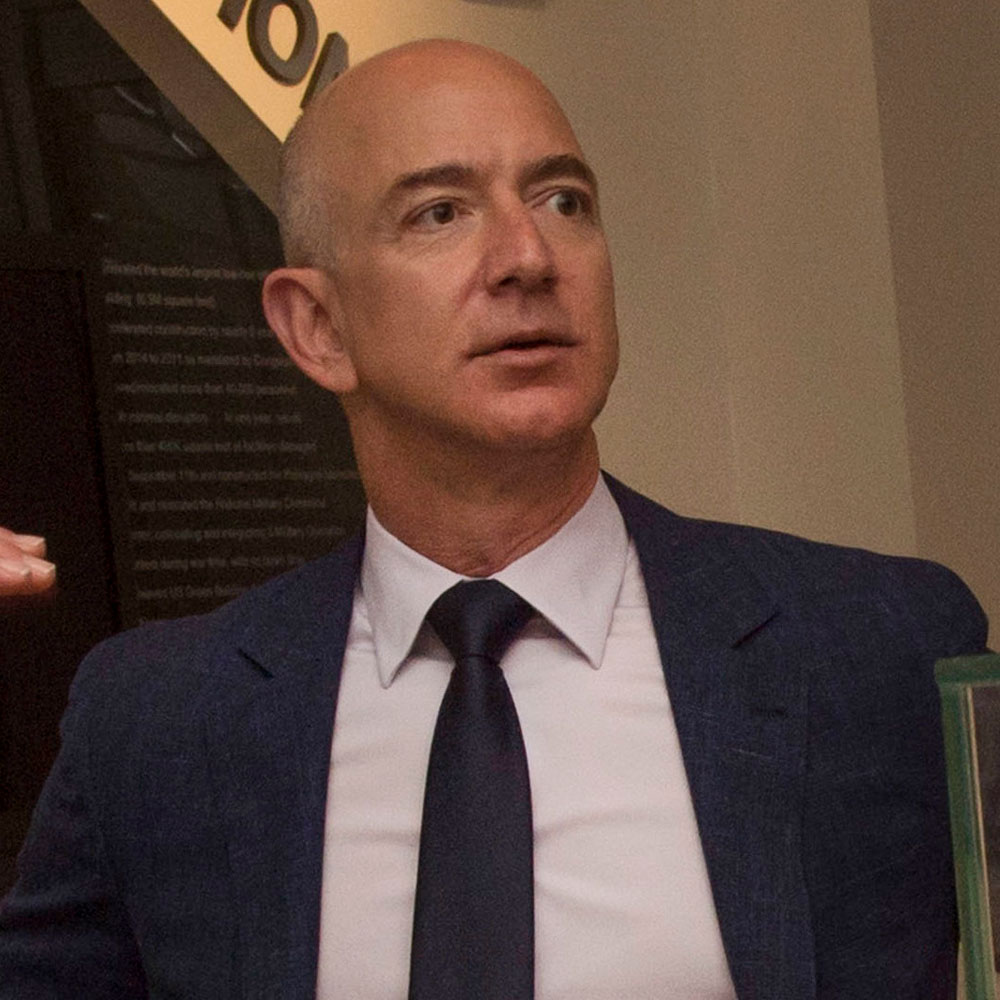
March 1, 2020; Wired, The Atlantic, KEYC-TV, and Yahoo! Money
Two weeks ago, with a short Instagram message and a $10 billion commitment Amazon’s Jeff Bezos made himself a major force in the fight to combat the impending disaster caused by rapidly changing climate. A gift of this staggering size could make a big difference, if used wisely. But letting one man use his wealth to shape global strategy also comes with great risk.
Bezos’s $10 billion rivals the US government’s level of investment toward fighting climate change. Such wealth is large enough to let him shape the agenda for researchers and social action groups. That power, placed in the hands of a man who is accountable only to himself, can be dangerous. Louise Matsakis, writing in Wired, is worried that his business interests, the source of his personal fortune, will drive the directions of his environmental philanthropy. “It means he gets to decide what issues and projects may be prioritized over others.”
It’s not clear if Bezos will be willing to fight the fossil fuel industry directly, which Amazon counts as an important customer. When Bezos announced an ambitious new plan for his company to reduce its carbon footprint in September, the CEO said Amazon’s cloud computing division would nonetheless continue working with oil and gas providers.
All of this brings to mind the problem of movement capture by philanthropy, an issue that we explored with Megan Ming Francis here last year. In that case she was talking about Black liberation movements, but the same principles apply.
Jonathan Foley, an environmental scientist and the executive director of Project Drawdown, which studies solutions to climate change, wonders if Bezos will approach this matter with wisdom and humility, trusting the “people who have really been thinking about this a long time.”
Sign up for our free newsletters
Subscribe to NPQ's newsletters to have our top stories delivered directly to your inbox.
By signing up, you agree to our privacy policy and terms of use, and to receive messages from NPQ and our partners.
The Bezos Earth Fund should invest quickly in solutions that already exist today. Millions of natural gas furnaces across the country could be replaced with energy-efficient heat pumps, for example, or harmful gas leaks could be plugged. If Bezos could focus $10 billion on critical technologies that are available right now, he could make them scale, he could make them cheap, he could make them widespread. Now is better than new.
And, if the Bezos World Fund does choose to partner with those already working hard on answers, it will need to establish a way to funnel resources without overwhelming the field. According to Daniel Firger, managing director at Great Circle Capital Advisors, in comments he made to Yahoo! Money, “There just aren’t that many civil society groups, or climate science researchers, who can credibly deploy hundreds of millions of dollars at a clip.”
Writing in the Atlantic, Franklin Foer worries about the ability to shape science by choosing where his funds will be granted. “Bezos’s personal biases—his penchant for technological solutions, his skepticism of government regulation—will likely shape how the Bezos Earth Fund disperses cash. And that will, in turn, shape how activists and researchers craft their grant proposals, how they attempt to please a funder who can float their operations.”
Lastly, the question remains as to whether philanthropists or nonprofit organizations should take up roles so deeply and historically tied to government:
Where the government once funded the ambitious exploration of space, Bezos is leading that project, spending a billion dollars each year to build rockets and rovers. His company, Amazon, is spearheading an experimental effort to fix American health care; it will also spend $700 million to retrain workers in the shadow of automation and displacement. Meanwhile, swaths of the federal government have contracted with Amazon to keep data on the company’s servers. Bezos is providing the vital infrastructure of state. When Amazon locates its second headquarters on the Potomac, staring across the river at the capital, it will provide a perfect geographic encapsulation of the new balance of power.
As KEYC-TV notes, “The reality is that in the face of a struggle as immense as climate change, government action is essential if we would like to make sure that our world remains livable for future generations.” In this moment, when political systems seem unable to effectively take on national challenges, Bezos’ wealth allows him to step into a void with little oversight and public accountability. As exciting as a $10 billion gift is, we should be very concerned. Unless it is placed within a framework that removes the donor from control and lets established elements of a democratic government guide it, we have much to fear.—Martin Levine













